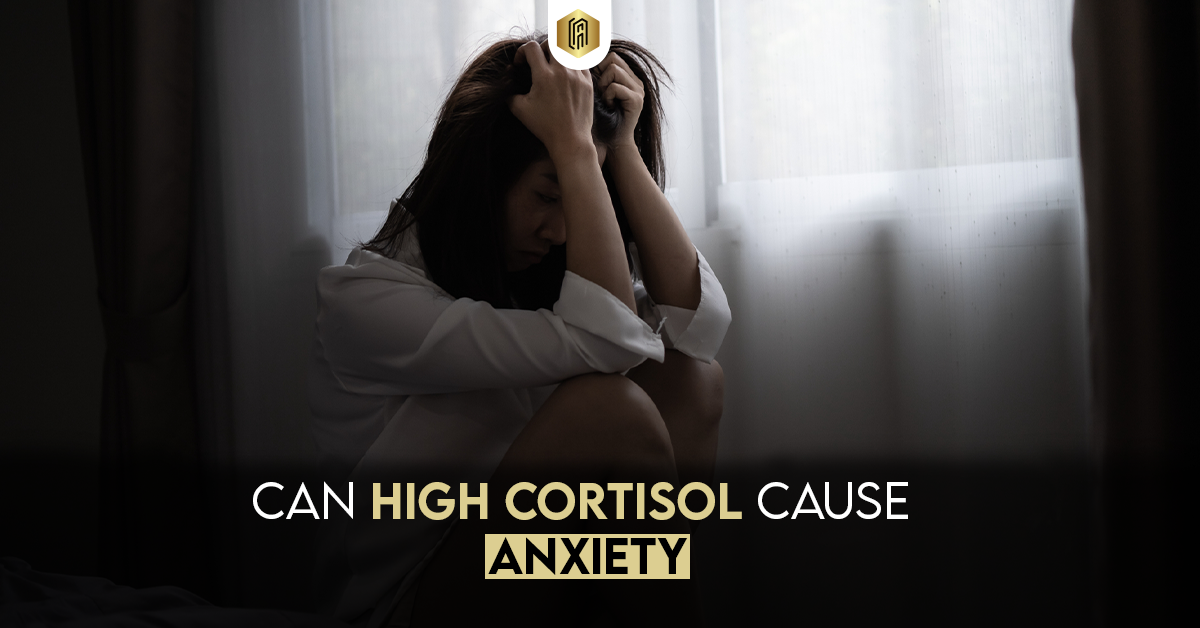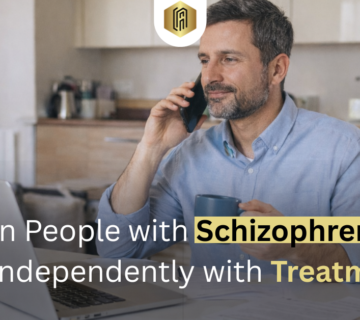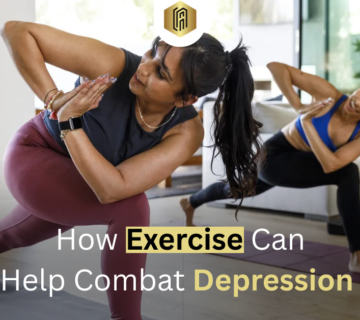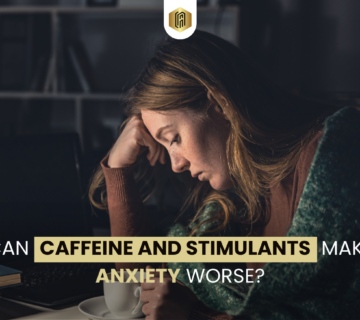The adrenal glands form cortisol as a chemical entity. Blood sugar regulation, stress response, and inflammation management become possible through cortisol production.
Chronic high cortisol levels within the system lead to medical issues for the body.
An often-asked question by many is: Can high cortisol cause anxiety? The answer is a resounding yes. As well as contributing to anxiety decline, high cortisol levels can spark panic attacks.
We will look at the link between cortisol and anxiety. We’ll cover symptoms to watch for and tips to manage high cortisol levels.
If stress and high cortisol levels are making you anxious, you don’t have to face it alone. Our caring therapists at Ascension Psychiatric Services can help. We use simple techniques to manage anxiety. Book a session today!
What Is Cortisol?
Cortisol is your body’s main regulator. It responds to stress and low sugar levels. The hormone is involved in the hypothalamic-pituitary-adrenal (HPA) axis, which directs stress reactions. It assists in preserving stability in disorder.
Under normal circumstances, cortisol follows a natural daily rhythm:
- It peaks in the morning.
- It decreases throughout the day.
When stress becomes chronic:
- The HPA axis becomes dysregulated.
- It leads to excessive cortisol production.
How Can High Cortisol Cause Anxiety?
Extended cortisol levels affect both brain operations and nervous system functioning. This can lead to:
- Racing thoughts and worry
- Restlessness and nervousness
- Increased heart rate and breathing
- Trouble sleeping
- Panic attacks
According to the study, both high cortisol and anxiety are usually present together. People having high cortisol levels often suffer from anxiety.
Cortisol and Anxiety Attacks: What You Should Know
Some people experience cortisol and panic attacks when their stress hormone takes off. It is due to cortisol initiating the ‘fight or flight’ response.
Symptoms of Cortisol Panic Attacks
- Feeling lightheaded
- Sweating
- Chest tightness
- Feeling of doom
- Rapid heartbeat
Cortisol and Anxiety in the Morning: Why It Happens
Have you ever felt anxious right after waking up? It might be the result of cortisol awakening response anxiety.
In the morning, the cortisol levels almost double to function as a biological alarm clock and wake us.
Nevertheless, it can be a particular self-triggering cortisol reaction in individuals who have very high cortisol levels, which, in the morning, they experience as anxiety.
Signs of Morning Anxiety Due to Cortisol
- Waking up with a racing heart
- Feeling panicked for no reason
- Trouble getting out of bed due to fear or stress
If you have cortisol and anxiety in the morning, try relaxation techniques before bed to lower cortisol levels overnight.
Does Anxiety Increase Cortisol?
Anxiety and cortisol levels are joined in both dimensions. The human body’s stress and fear are the key factors behind cortisol secretion. A long-term effect of it is that it makes anxiety stronger.
- When anxious, the body stays in “fight or flight” mode.
- This tells the brain to keep releasing cortisol, and anxiety levels rise.
- The cycle continues, leading to high cortisol anxiety.
How to Lower Cortisol and Reduce Anxiety?
To those facing increased cortisol and anxiety, there are numerous effortless approaches to diminish stress and regulate the cortisol level.
-
Get Enough Sleep
- Sleep deficiency can increase cortisol levels anxiety.
- Focus on getting 7-9 hours of nightly rest.
- Establish a sleep schedule to relax your brain.
-
Exercise Regularly
- Light exercises such as walking, yoga, or stretching can reduce anxiety cortisol levels
- Don’t overdo it with exercises in the evening, as the reason they might boost cortisol and anxiety.
-
Eat a Healthy Diet
- Limit your intake of sugar and caffeine.
- Consume Omega-3 fatty acids, magnesium, and Vitamin B-enriched food instead to keep the brain healthy.
-
Use Deep Breathing and Meditation
- Prolonged respiration reduces cortisol anxiety response.
- Meditation trims cortisol anxiety challenges over time.
-
Engage with the Outdoors
- Natural surroundings contribute to decreasing cortisol anxiety levels.
- Sunshine enhances happiness and reduces stress hormones.
When to See a Doctor?
If you have ongoing high cortisol anxiety, talk to a doctor. They may test your cortisol levels and suggest treatment options.
Signs you should seek help:
- Anxiety is affecting daily life.
- You experience cortisol panic attacks
- You may have extra symptoms like gaining weight, feeling drained, or struggling to concentrate.
Final Thoughts: Can High Cortisol Cause Anxiety?
Increased cortisol may create a sensation of disquiet and agitation. Still, you can reduce cortisol and anxiety through easy lifestyle modifications, so there is no need to get upset.
Shifting your sleep timetable, selecting healthy options, and mitigating stress will help to confront troublesome cortisol levels and pacify your worries.
Suppose you are sure that you are going through high levels of cortisol and anxiety, so go and talk to a healthcare professional who can give you advice.
FAQs
Does high cortisol levels cause anxiety?
Yes. Extended high cortisol levels can make the nervous system more responsive, amplifying anxiety incidents.
What are the common symptoms of high cortisol and anxiety?
Symptoms can involve:
- Quick heartbeat
- Sleep troubles and restlessness
- Muscle tightness
- Constant worry
- Trouble concentrating






No comment